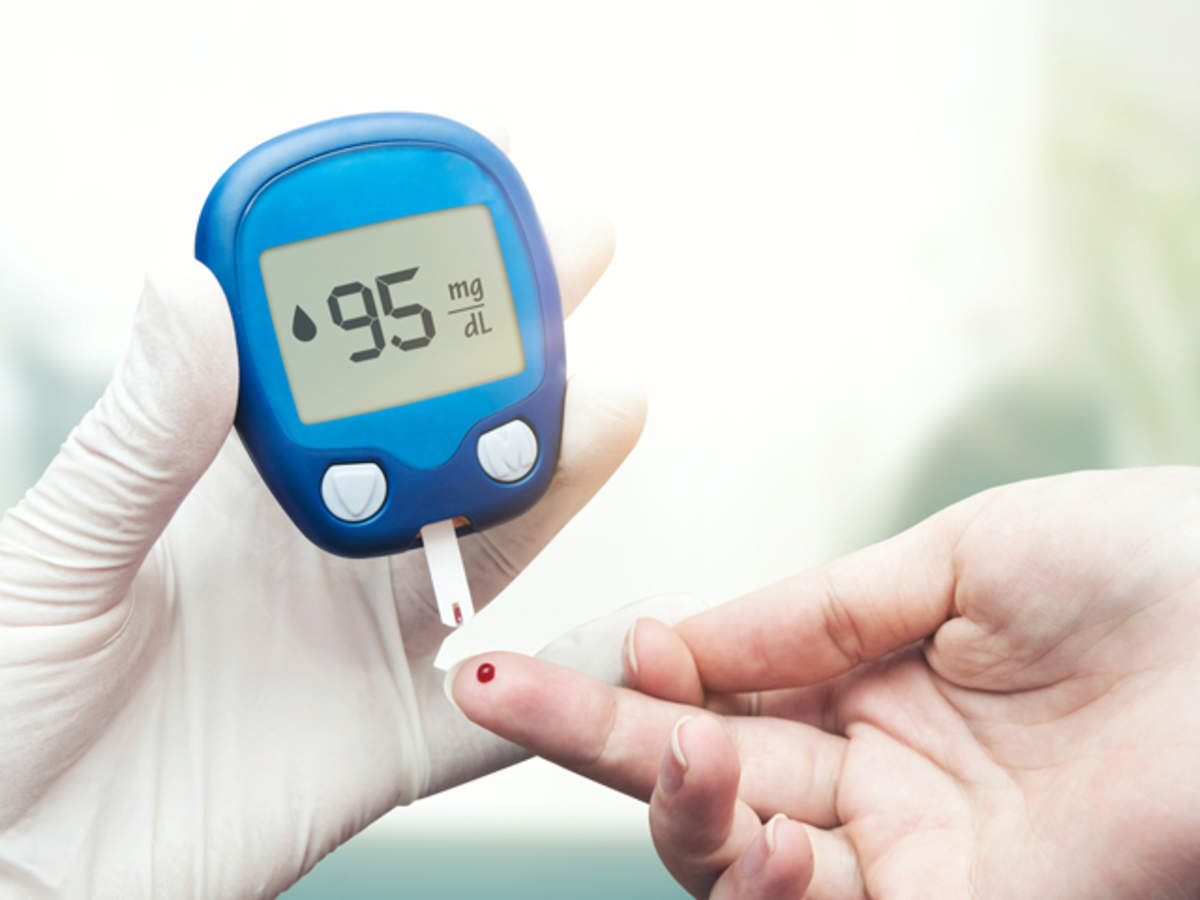Type 1 diabetes and type 2 diabetes are heterogeneous diseases in which clinical presentation and disease progression may vary considerably. Classification is important for determining therapy, but some individuals cannot be clearly classified as having type 1 or type 2 diabetes at the time of diagnosis. The traditional paradigms of type 2 diabetes occurring only in adults and type 1 diabetes only in children are no longer accurate, as both diseases occur in both age groups
Given below some details of Medications
Instructions to use Insulins- Episode 1
1.Types of Insulin
| Types of Insulin | Onset(Time required for the action ) | Duration | Time of administration |
| Rapid acting insulins .Humalog(Insulin lispro) .Novolog(Insulin Aspart) .Apidra (Insulin glulisine) | 15-30 min | 3-6 hours | *10 minutes prior to meal *Immediately after eating meal |
| Short acting insulins .Humulin R .Novolin N | 30-60 min | 3-8 hours | *30 minutes prior to meal |
| Intermediate acting insulins (NPH) .Humulin N .Novolin N | 2-4hours | 8-18 hours | *Administer within 15 minutes before a meal or immediately after a meal |
| Long acting insulins .Lantus (Insulin Glargine) .Levemir (Insulin Detemir) | 4-5 hours 2 hours | 22-24 hours 14-24 hours | *Inject insulin at the same time every day |
2.Insulin administration site
THE STOMACH Except for a 2-inch circle around the navel THE TOP & OUTER THIGHS Avoid administering too close to the bony area above the knee THE OUTER, UPPER ARMS Use the outer back area of the upper arm where there is fatty tissue. SPECIAL INSTRUCTIONS Rotate your injection sites with each dose to reduce your risk of getting lipodystrophy (pitted or thickened skin) and localized cutaneous amyloidosis (skin with lumps) at the injection sites. Do not use the same spot for each injection or inject where the skin is pitted, thickened, lumpy, tender, bruised, scaly, hard, scarred or damaged. Do not share needles, pens, or syringes with others. Do NOT reuse needles. |
To be continued next … Episode



